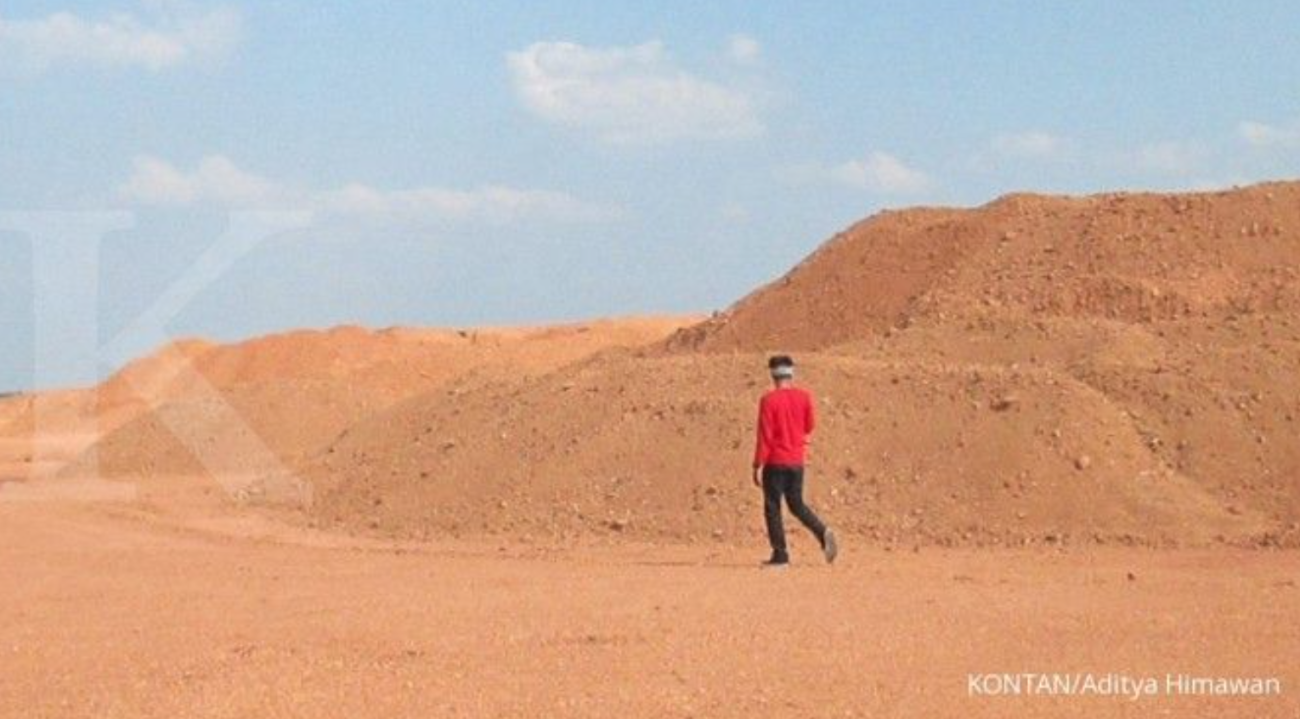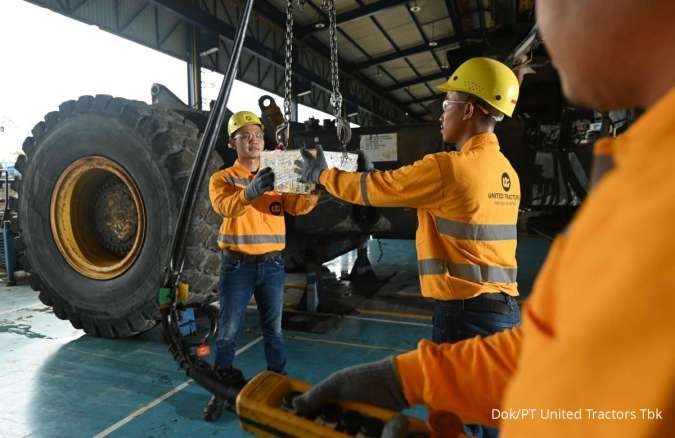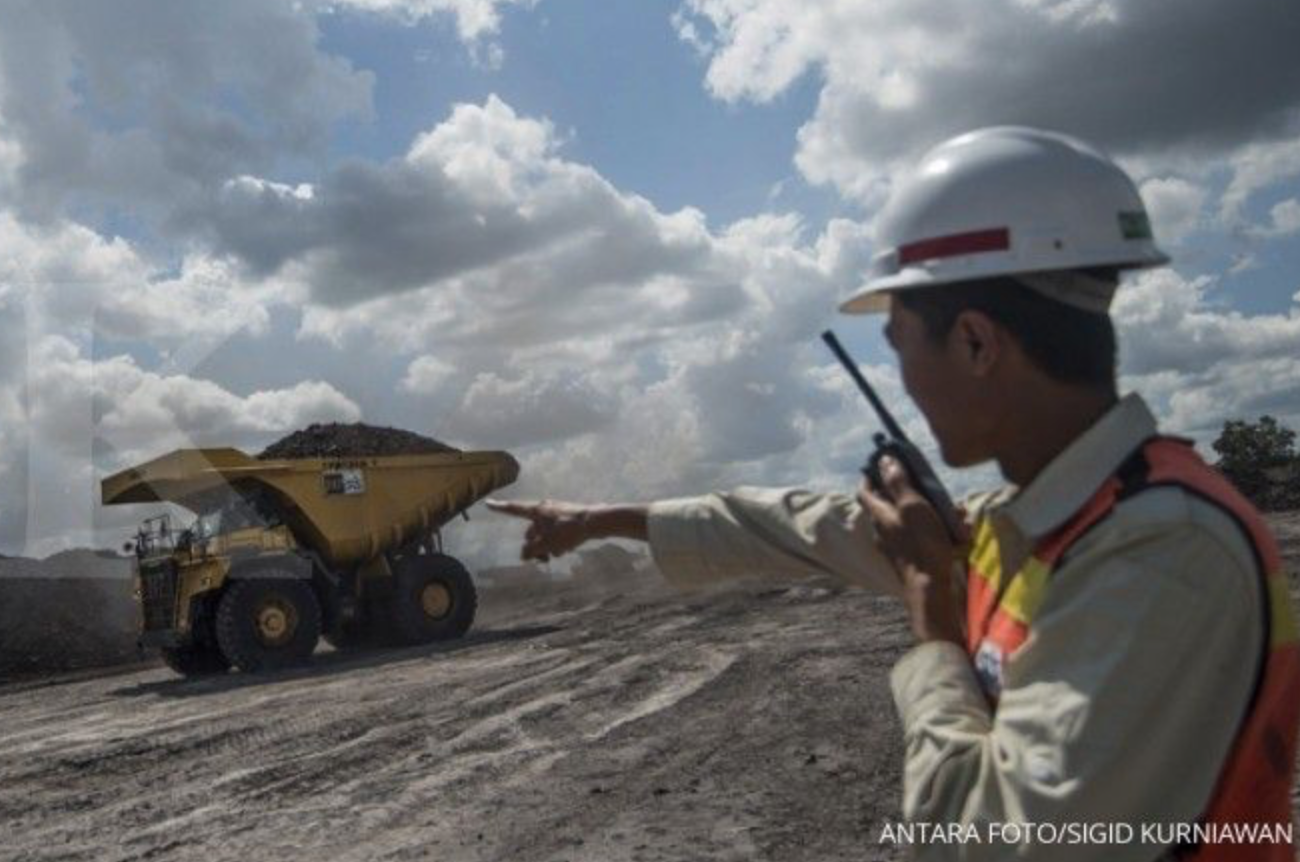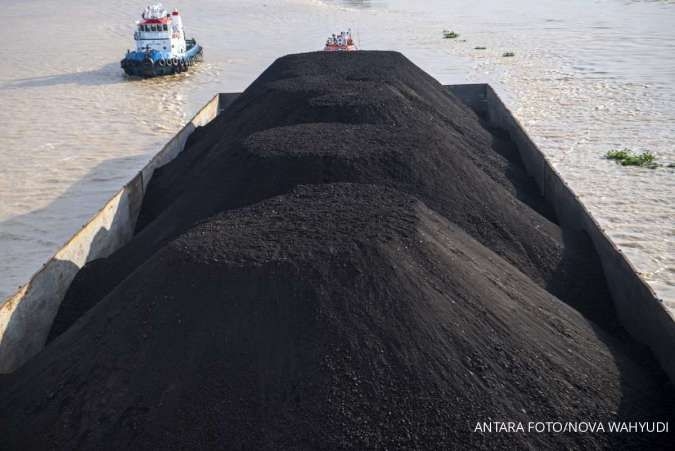20 Million More Bauxite Ore Will Be Affected by Export Bans, AP3I Response
Sun 09 Apr 2023, 12:00 PM
Share

Based on data from the Ministry of Energy and Mineral Resources (ESDM), bauxite ore production in 2022 will be 27.7 million tons and only 7.8 million tons will be absorbed. The remaining 20 million tons will be sold to the export market. This means that after the export of raw bauxite minerals will be carried out in June 2023, there will be 20 million bauxite ores that will be affected. Secretary General of the Association of Processing and Refining Industry Companies (AP3I), Haykal Hubeis explained, when comparing Indonesia's bauxite ore resources with the smelters that have been built, domestic absorption is still far from the capabilities of existing bauxite mines.
However, reflecting on Law Number 4 of 2009 concerning Mineral and Coal Mining (minerba) it is clear that it requires mining companies to build smelters which will be implemented no later than 5 years after the Law was enacted or in 2014. Haykal explained, the obligation to build the smelter has been valid until now or 8 years. This reflects that the government continues to provide time for business actors to build refining and processing facilities. "I mean that the government's decision-making in this matter has been thought through quite carefully," he explained to Kontan.co.id, Friday (6/4).
Haykal assessed that the government is getting more serious about downstreaming minerals in the country because the country wants to get added value from the natural resources (SDA) it has. In addition, even if this moratorium policy will have an impact on miners, the government has actually given the company quite a long time to prepare to build its smelter. Haykal emphasized that mineral downstreaming was already underway in Indonesia. There are already those who will build and operate smelters, be it state-owned companies, the private sector, and foreign investors.
"So it's been running, it's been proven. So no need to pull back again. For miners who are affected, they can sell their bauxite on a business to business basis with the smelter," he said. Another option, the sale of bauxite can also be left to the market mechanism. Or even better if the government is willing to facilitate and help mining business actors allocate their production to existing smelters. So after the export ban, the government can help business actors to have a mechanism for supply and demand for bauxite ore so that it is balanced.
Haykal revealed that the ban on bauxite ore exports has actually received a positive response from investors because of the certainty of the supply of raw materials to the smelter being built. He said that the banks reacted positively because one of the main considerations for extending credit was the certainty of the supply of bauxite ore because the smelter must have a long life.







